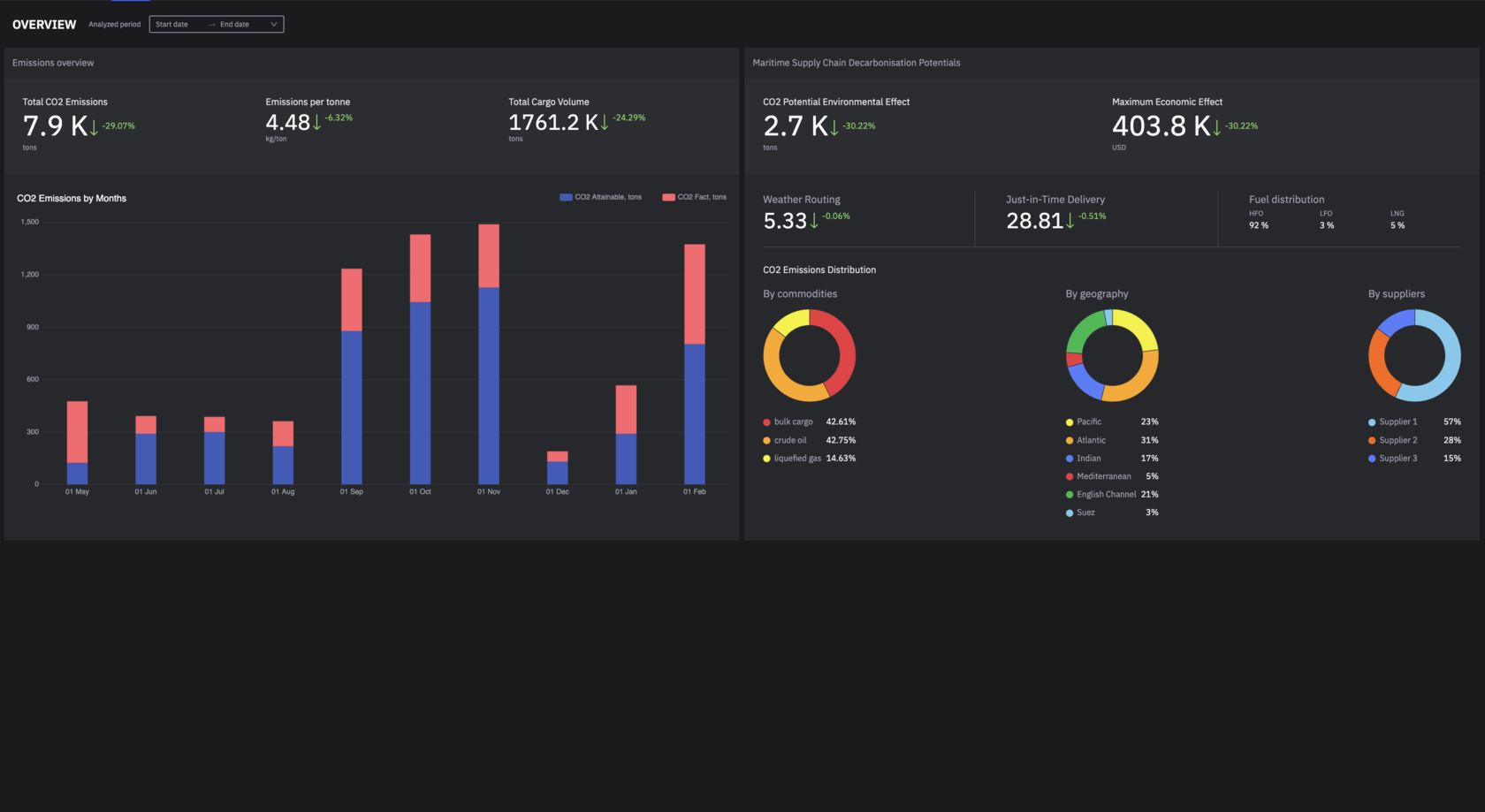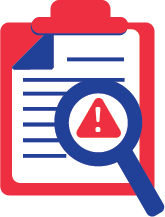Spreadsheets For ESG Analytics Are Still The Main Tool For Most Public Companies
ESG data accounting at most companies is at a level where financial accounting was 40 years ago. Only 25% of companies participating in the recent survey reported that their companies' ESG analytics currently reside in ESG-specific software
This is still true that ESG data accounting at most companies is at a level where financial accounting was 40 years ago. According to a recent survey released by professional services firm Ernst & Young LLP (EY US) and non-profit research group the Financial Education & Research Foundation (FERF), 55% of companies are residing ESG data in spreadsheets, and the collection and reporting of ESG information remains a highly manual process. Only 25% of respondents reporting that their companies' ESG information currently is processed by ESG-specific software or by software solutions used for financial reporting. It is hard to believe that complex data is collected and monitored manually in the age of machine learning technologies and green tech innovative solutions.
The urgent need for accurate and trusted ESG data, including environmental impact, diversity and inclusion, and human rights, is driven by demand from investors, CFOs, regulators and other stakeholders. Public U.S. companies are preparing to comply with the recent Securities and Exchange Commission (SEC) proposal that, if adopted as proposed, would require information on climate risks, along with metrics detailing the companies' climate footprint including Scope 1, 2 and in some cases Scope 3 greenhouse gas (GHG) emissions. In Europe, the German Supply Chain Due Diligence Act will oblige companies to design, implement and monitor procedures that will enhance compliance with core human rights and certain environmental provisions in supply chains.
To meet the upcoming regulations and pressure from stakeholders, more and more companies have started critically assessing their relatively early-stage procedures, systems and policies to collect and manage ESG data. Understanding that there are hidden operational and strategical risks for companies, 51% of companies expect to spend much more time and resources to address ESG data collection and governance. No wonder, this encourages business leaders to invest in advancing the current accounting infrastructure as well as implement automatization and extended analytical tools, comparing ESG reporting to the more established state of financial reporting.
To meet the upcoming regulations and pressure from stakeholders, more and more companies have started critically assessing their relatively early-stage procedures, systems and policies to collect and manage ESG data. Understanding that there are hidden operational and strategical risks for companies, 51% of companies expect to spend much more time and resources to address ESG data collection and governance. No wonder, this encourages business leaders to invest in advancing the current accounting infrastructure as well as implement automatization and extended analytical tools, comparing ESG reporting to the more established state of financial reporting.
ESG analytics remain in relatively early stages
Many companies are making plans to incorporate data points from external sources into their reporting efforts. This is most applicable to reporting Scope 3 emissions and obtaining vendor and supply chain data. These metrics, as well as others, will increasingly rely on data from separate sources and help to ensure greater comparability across reported ESG data.
Meanwhile, asking companies to disclose their Scope 3 emissions – indirect suppliers - is a minefield. Those numbers are quite unflattering for some large corporations, where carbon dioxide emissions can exceed 1 billion tonnes. At the same time, the data is also heavily reliant on forecasts, and therefore more like an estimate than a fact.
The challenges of ESG-data transparency and accuracy across complex landscapes make using the current ESG-reporting and analytics insufficient for strategic and operational decisions. That's why our experts at Marine Digital always encourage our clients and partners to start measuring Scope 3 in 2022.
Meanwhile, asking companies to disclose their Scope 3 emissions – indirect suppliers - is a minefield. Those numbers are quite unflattering for some large corporations, where carbon dioxide emissions can exceed 1 billion tonnes. At the same time, the data is also heavily reliant on forecasts, and therefore more like an estimate than a fact.
The challenges of ESG-data transparency and accuracy across complex landscapes make using the current ESG-reporting and analytics insufficient for strategic and operational decisions. That's why our experts at Marine Digital always encourage our clients and partners to start measuring Scope 3 in 2022.
A Minefield Of Scope 3
At Marine Digital, we know how hard it can be to get reliable and trusted ESG data into supply chains. Therefore, having a strong focus and expertise in the maritime industry, we help all companies using ocean shipping and maritime supply chains to analyze, monitor and reduce GHG emissions & carbon footprint and measure economic, environmental, and operational risks in transportation and logistics. Our machine learning solution ensures transparent and trusted assessment of the supply chain's sustainability and performance, as well as potentials for optimization of financial costs and environmental impacts.
Monitoring and managing GHG emissions and carbon footprint in extended value chains has become a strategic necessity for most companies. And inevitably, a lack of trusted and reliable ESG-data sources can be considered as foregone business opportunities, overlooked carbon reductions, and unrealized financial savings. To meet these challenges, we apply truly one-of-a-kind approaches to efficiency factors analyses aligned with the IMO Protocol, GHG Protocol methods. You can learn more about Marine Digital ESG Solution here, or if you have any questions, contact our experts.
Monitoring and managing GHG emissions and carbon footprint in extended value chains has become a strategic necessity for most companies. And inevitably, a lack of trusted and reliable ESG-data sources can be considered as foregone business opportunities, overlooked carbon reductions, and unrealized financial savings. To meet these challenges, we apply truly one-of-a-kind approaches to efficiency factors analyses aligned with the IMO Protocol, GHG Protocol methods. You can learn more about Marine Digital ESG Solution here, or if you have any questions, contact our experts.
Trusted ESG Data For Maritime Supply Chains
Whether or not implementation of ESG-specific software will be needed is no longer a debat. The trusted and reliable ESG data analyses and monitoring as well as a single, authoritative standard for information disclosure are critical in progressing development of ESG analytics and reporting that will help to build a sustainable economy and run the business in the future.
To access the study 'How finance professionals are helping to advance ESG reporting' by Ernst & Young LLP and FERF follow the link
To access the study 'How finance professionals are helping to advance ESG reporting' by Ernst & Young LLP and FERF follow the link


TOP 5 factors contributing to lower fuel costs for Shipping companies
Get a presentation with a full description of the features and free pilot project with trial of Marine Digital FOS for 2 months
"Clicking the button, you consent to the processing of personal data and agree to the privacy policy"

ESG Reporting And Analytics
Online Dashboard
Suppliers Performance Evaluation
Supply Chain Decarbonization Plan
Supply Chain Sustainability Monitoring
Get Full Description and FREE Trial
Suppliers Performance Evaluation
Supply Chain Decarbonization Plan
Supply Chain Sustainability Monitoring
Get Full Description and FREE Trial
Аdvantage of Fuel Optimization System from Marine Digital:

Marine Digital FOS can be integrated with other system and third-party's solutions through the API. To implement vessel performance monitoring for any vessel, we are using mathematical algorithms, machine learning and the same equipment as in FOS. The more data we collect from vessels, the more precise reports and recommendations our system will perform according to your individual requirements in fleet management.
If you have any questions about the solutions and the Marine Digital System platform, write to us, we will be happy to answer
If you have any questions about the solutions and the Marine Digital System platform, write to us, we will be happy to answer

Increased business process speed

Reducing to zero the number of errors

Best offer to the clients

Reduction in operating expenses
Have a questions?





